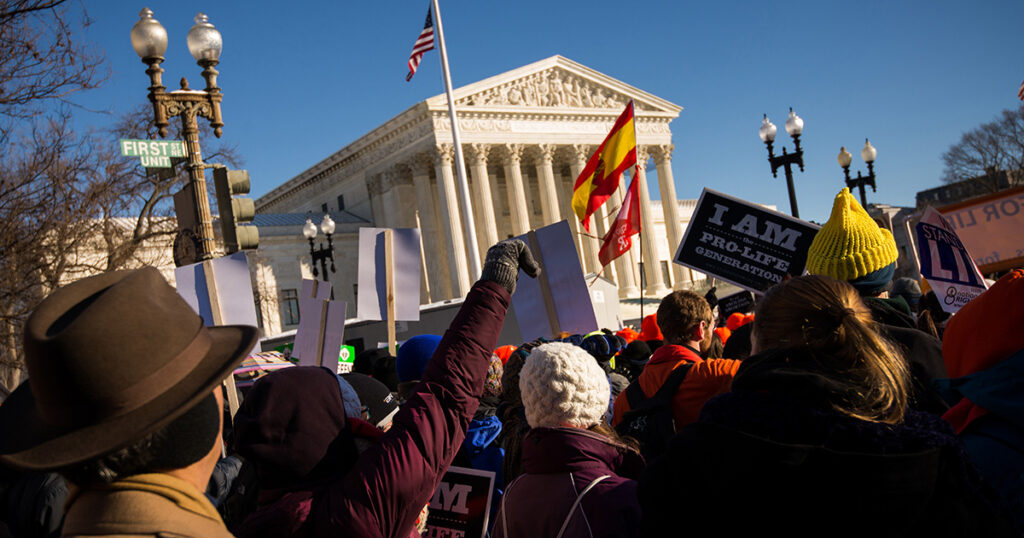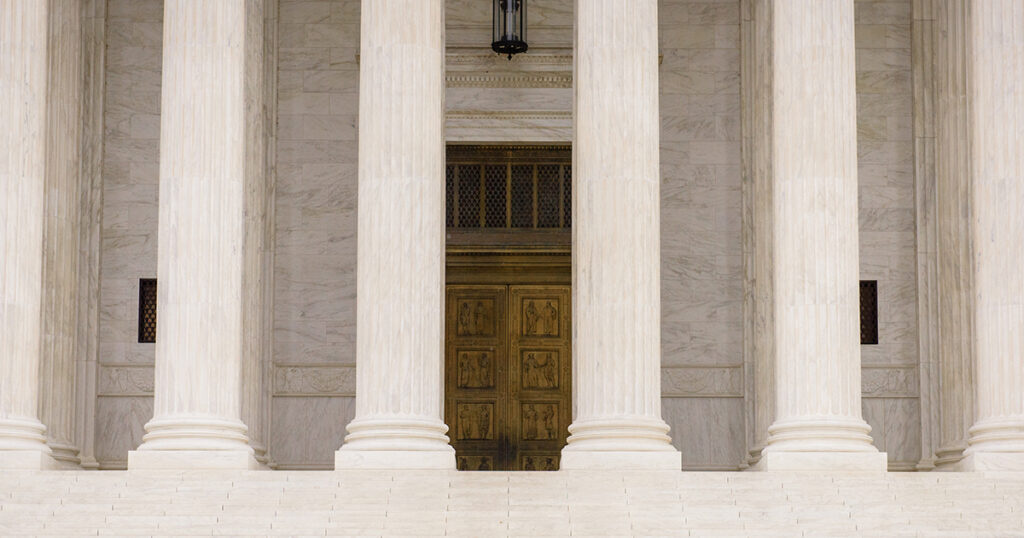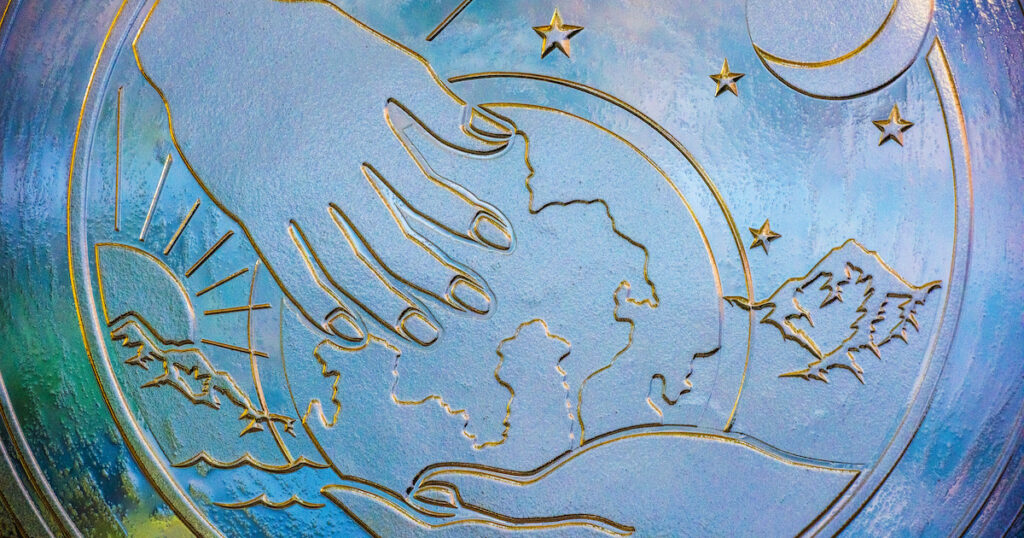Before David French’s name became associated with a controversy over the nature of conservatism, he was a prominent attorney litigating religious liberty cases.
The Supreme Court’s ruling that sexual orientation and gender identity must be added as protected groups to the civil rights law (Bostock v. Clayton County) has worried many Christians about the decision’s impact on religious liberty. Would churches be forced to hire homosexuals and transsexuals as ministers and staff members? Would the biblical teachings on these issues become criminalized?
In response to those concerns, French wrote an article titled “The True Extent of Religious Liberty in America, Explained.” He concluded that the decision raises important concerns and that threats to religious liberty are real. But religion in America also has some very powerful legal protections.
French then lists specific legal protections of religious liberty. He discusses each one in some detail, so consult the article for the specifics. Here I quote his summary statements and reference the laws and decisions he refers to:
“Religious employers have a right to impose religious litmus tests on their employees.” This right is specified in Title VII of the Civil Rights Act of 1964, the very law that Bostock v. Clayton County expanded to include LGBT protections.
Religious organizations may not discriminate on the basis of race, sex or (now) sexual preference or gender identity. But they are allowed to limit their hiring to individuals who share their religious beliefs. That would presumably apply to religious beliefs about what the Bible teaches about sexual morality and gender identity, so churches should spell out what those beliefs are.
“Religious employers are completely exempt from nondiscrimination statutes when hiring and firing ‘ministerial’ employees.” This was established in a unanimous 2012 Supreme Court decision in a case brought by an LCMS congregation: Hosanna-Tabor Evangelical Lutheran Church and School v. EEOC.
Churches may choose their own ministers, and the government can have no role in that process whatsoever. The question remains, “Who counts as a minister?” Pastors, of course, but the Hosanna-Tabor case involved a teacher in the church’s school. According to the LCMS, rostered teachers are commissioned “ministers.” How broadly the ministerial exemption can be applied — to church musicians, lay Sunday school teachers, contract workers and so on — is a matter for further litigation.
“Religious educational institutions enjoy a right to exempt themselves from Title IX.” If churches are exempt from the new LGBT civil rights requirements, what about Christian schools and colleges? Would they be able to dismiss a teacher who comes out as homosexual or decline to hire a transsexual professor?
Title IX of the Civil Rights Act specifically refers to educational institutions that receive federal funding. In general, it would not apply to parochial or other explicitly Christian schools. If it should become an issue in a church-related or independent Christian college or university, the institution could follow a process that would allow it to opt out of Title IX on religious grounds.
“Religious organizations (including religious schools) increasingly have a right of equal access to public funds.” Again, an LCMS congregation led the way in securing this right in the Supreme Court decision Trinity Lutheran Church of Columbia, Inc. v. Comer (2017).
The court ruled that any public funds available for a secular or neutral purpose — such as, in this case, shredded rubber tires for school playgrounds — may not be denied on the grounds of religion.
And on June 30, the Supreme Court ruled that if states offer aid to private schools, they cannot deny aid to church-related private schools. This gives important legal approval for school-choice programs and opens the door for other kinds of aid that could benefit LCMS parochial schools (Espinoza v. Montana Department of Revenue).
“Religious organizations enjoy a right of equal access to public facilities.” Christian groups must have the same access to empty classrooms, school gyms, university student unions and other public facilities that other groups have.
This is the precedent established by several court cases: Widmar v. Vincent (1981), Lamb’s Chapel v. Center Moriches Union Free School District (1993), and Good News Club v. Milford Central School (2001).
“Religious Americans are protected from discrimination in the workplace.” Churches have protection, but what about individual Christians? Might I lose my job for not agreeing with the LGBT agenda?
As French says, “The same civil rights act that now protects LGBT Americans also explicitly protects people of faith. Remember, Title VII protects against discrimination on the basis of race, sex, and religion.”
“Religious Americans enjoy the protection of a federal ‘super statute.’” Many gray areas are covered by the Religious Freedom Restoration Act, a law, in French’s words, “that hovers over and above all other federal laws, providing extraordinary protection to people of faith.”
Supreme Court Justice Neil Gorsuch, in writing the Bostock ruling, called it a “super statute,” suggesting the possibility of a religious exemption.
But the Equality Act being considered in Congress explicitly rejects any religious exemptions for LGBT discrimination, including those claimed under the Religious Freedom Restoration Act. And there is some sentiment for repealing or drastically limiting that law. In fact, all of these laws and decisions could be repealed, overturned or interpreted away.
“Yes, it is true that in some respects religious liberty is ‘under siege.’ … But if the siege is real, then so is the citadel,” concludes French.






David French addresses Christians who are confused about the current state of law in the linked article. He wrote at length about legal protections for churches, religious organizations and employees.
He did not address the plight of Christians who own businesses. Especially in “blue” cities that are in “blue” states, pressure is on to eliminate expressions of traditionalist Christian religion from businesses.